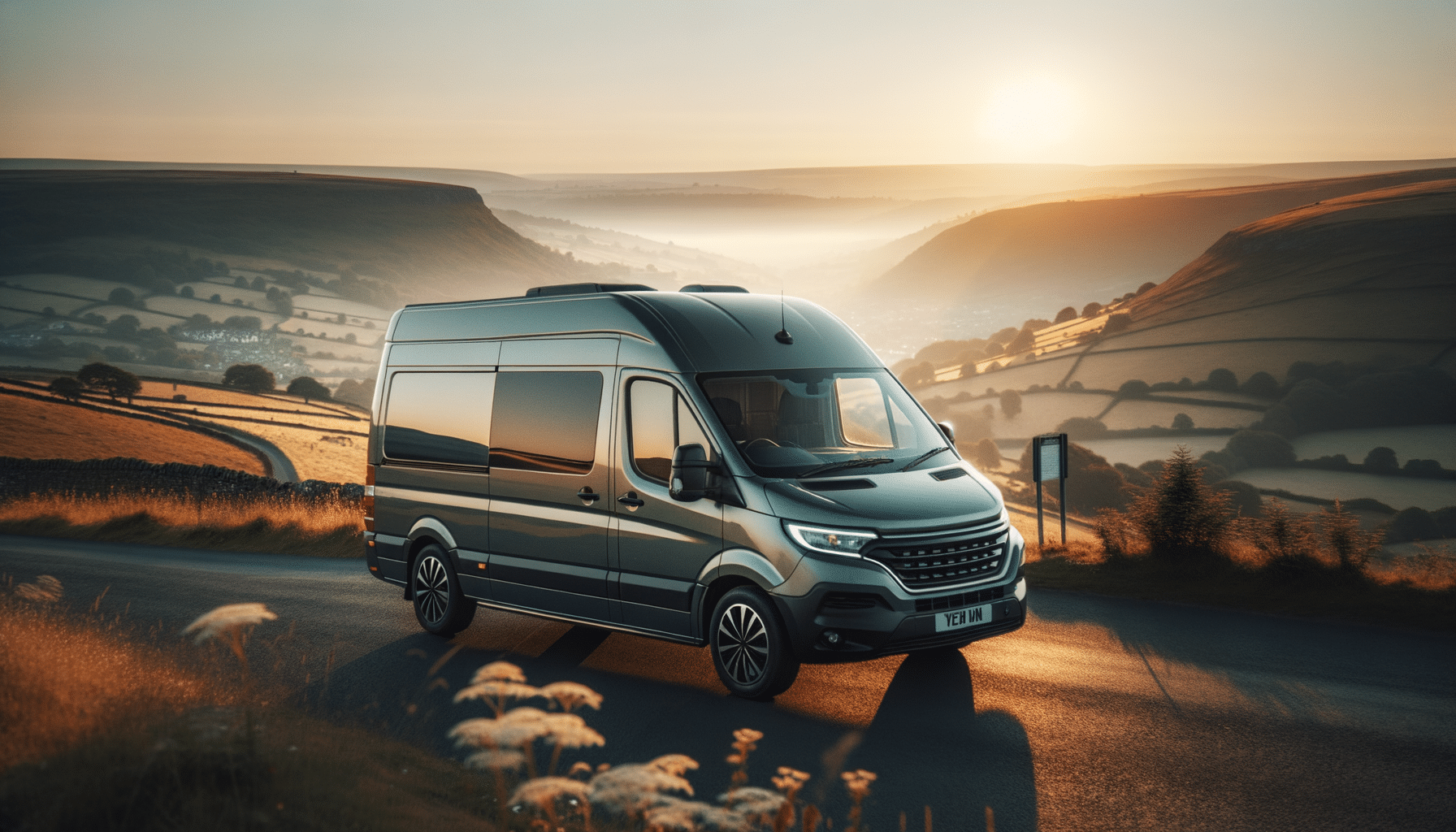
Useful tips for choosing a new motorhome
Introduction to Camper Vans
Camper vans, often considered the epitome of freedom on wheels, have captured the hearts of many adventurers. These vehicles offer a unique blend of mobility and comfort, allowing travelers to explore the open road without sacrificing the comforts of home. The appeal of camper vans lies not only in their versatility but also in their ability to transform any journey into an unforgettable experience. Whether you’re planning a short weekend getaway or an extended road trip, understanding the various aspects of camper vans can help you make informed decisions about which vehicle best suits your needs.
Types of Camper Vans
Camper vans come in a variety of shapes and sizes, each designed to cater to different travel preferences and lifestyles. The most common types include:
- Class B Motorhomes: These are the most compact form of camper vans, often built on a standard van chassis. They are easy to drive and park, making them ideal for solo travelers or couples.
- Converted Vans: Regular vans that have been customized to include sleeping and cooking facilities. These offer flexibility in design and often cater to the DIY enthusiast.
- Campervan Conversions: Professionally converted vans that offer a balance between functionality and aesthetics, equipped with essential amenities such as kitchens, beds, and sometimes even bathrooms.
Each type of camper van has its own set of advantages, making it crucial to consider factors such as budget, travel frequency, and destination preferences when selecting the right one.
Key Features to Consider
When choosing a camper van, several key features should be evaluated to ensure that it meets your travel needs. These features include:
- Space and Layout: The interior layout should maximize space efficiency, offering comfortable sleeping arrangements and functional kitchen areas.
- Fuel Efficiency: With the rising cost of fuel, it’s important to consider a vehicle’s fuel economy, especially for long-distance travel.
- Insulation and Heating: For those planning to travel in various climates, good insulation and a reliable heating system are essential for comfort.
These features not only enhance the travel experience but also ensure safety and convenience on the road.
Cost and Budgeting
The cost of a camper van can vary significantly based on size, features, and brand. When budgeting for a camper van, consider the following expenses:
- Initial Purchase Price: This is the most significant cost and can vary from affordable options to high-end luxury models.
- Maintenance and Repairs: Regular upkeep is necessary to keep the vehicle in top condition, with costs varying depending on the make and model.
- Insurance and Registration: These are ongoing expenses that must be factored into the overall budget.
Understanding these costs will help you plan financially and avoid unexpected expenses during your travels.
Conclusion: Making the Right Choice
Choosing the right camper van involves a careful balance of personal preference, budget, and travel needs. By considering the type of camper van, evaluating key features, and understanding the associated costs, you can make an informed decision that enhances your travel experiences. Whether you’re a seasoned traveler or a newcomer to the world of camper vans, taking the time to explore your options will ensure that your investment brings joy and adventure for years to come.


